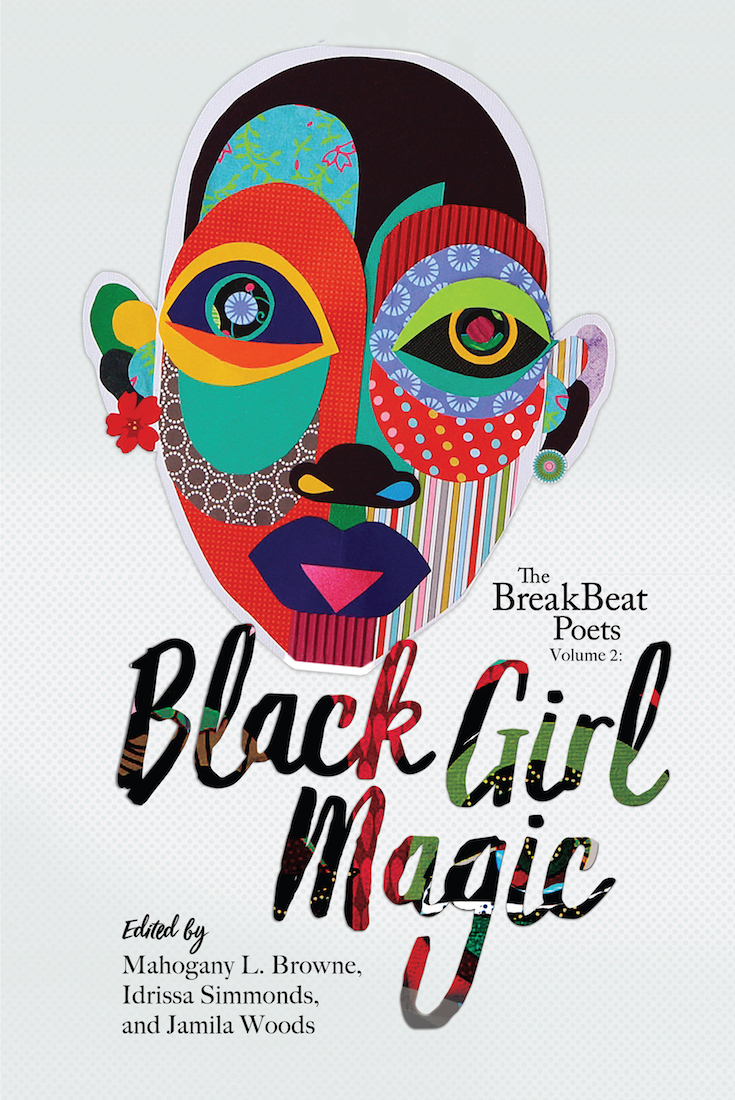[dropcap]As[/dropcap] we enter the new year with America clinging to the past and surviving the divisive efforts of a new presidential administration, it is always good to take the time to look for reminders that the national African-American community is still thriving and expressing itself without reservation. There is an array of books by Black authors who share stories and the artistic and intellectual prowess of bright, accomplished African-American individuals. [mc4wp_form id=”6042″]

If you’re looking for some new books to inspire you and your family, make sure you take the time to grab these three books, which are diverse in content, context and narrative, but share the purpose of empowerment for the Black American. Retired NFL player Aaron Maybin shows with his book, “Art-Activism,” that he is more than an athlete. His vibrant art pieces and powerful stories of being Black in Baltimore will penetrate any reader’s heart and mind. “Diversifying Diplomacy” tells the story of Ambassador Harriet Lee Elam-Thomas who emerged from the streets of Boston to become a distinguished diplomat. “The BreakBeat Poets Vol. 2: Black Girl Magic” is a collection of poetry from a few of America’s most talented Black women poets, Jamila Woods, Mahogany L. Browne and Idrissa Simmonds.
But the new indictment gave new detail about how Russia brought online an old tactic it has long depended upon: good ol’ fashioned racism. Russia used the U.S. history of racial oppression and its persistent challenges with systemic racism to manipulate (or at least attempt to manipulate) Americans’ electoral choices. And this wasn’t a simple add-on tactic to a larger influence operation. Rather, it’s in keeping with several decades of Russian efforts to use the United States’ treatment of its black citizens as a counterpoint to the American narrative of freedom and equality. The major difference today is that social media marketing allows Russia to do with efficiency and scale what it could never do with Cold War–era print and radio propaganda.




You must be logged in to post a comment.